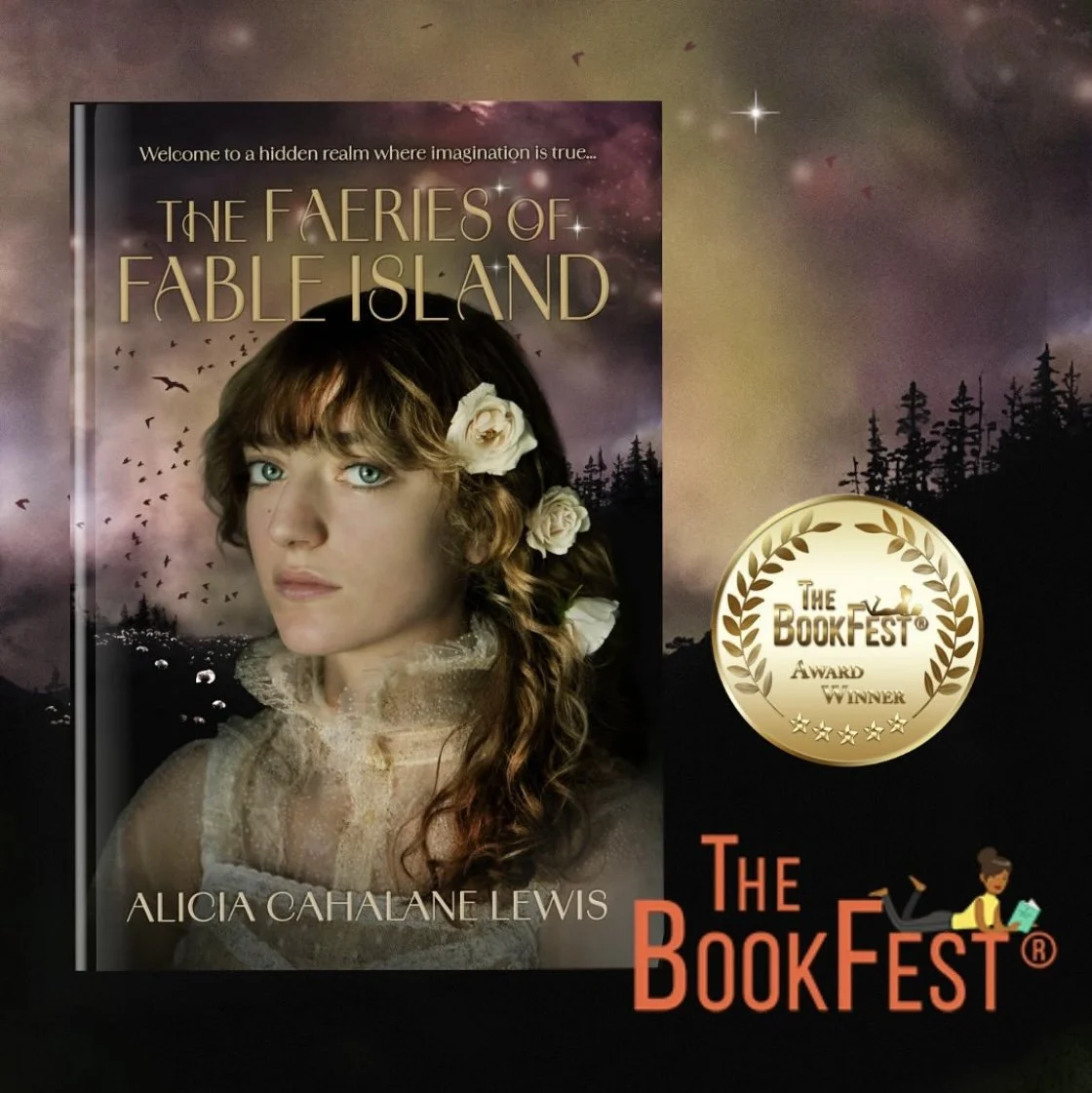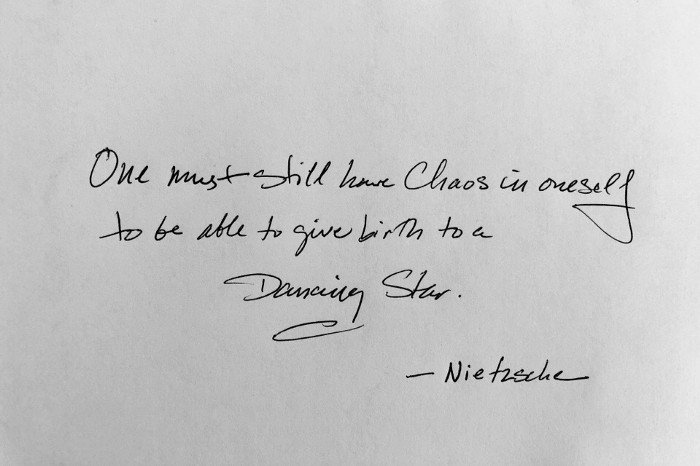Creating that reality takes more than imagination
Photo by Vadym on Unsplash
Imagine.
The very word invokes the impossible. The unexpected. The unprecedented. The potential. The myth.
Imagine a realm where truth and storytelling collide.
Imagine.
In this realm, truth is what we perceive it to be, and storytelling (what we might think of as the antithesis of truth) cohabitates. This is the marriage of a creative union.
Let’s imagine our creative selves and our perceptions as one.
Truth and story become one, making truth a creative expression of ourselves.
When we co-create, we cohabitate. Cohabitating requires cooperation; therefore, when we co-create, we need a certain amount of cooperation between the perceived reality and the potential.
With me so far?
Truth is storytelling.
We create a true self from countless opportunities provided to us. We create the mother, the daughter, the husband, or the wife not only from our perceptions of what those roles might be but also from what society tells us these roles should be.
Try tearing up the script and rewriting your version of the mother, and either society will shun you for going off-book or applaud you for bringing something new and innovative to the table.
We love to shun as much as we love new insight.
We love the old, the staid, the expected, and we wear these roles with the honor they deserve. But go off-script and recreate the mother (as one example), and this will require a lot of self-awareness to be the mother others expect us to be, as well as the mother we see ourselves becoming.
The truth, therefore, becomes the story, and the story, the truth.
Truth and storytelling collide.
Cover design: Emily Kallick
My new novella, The Faeries of Fable Island, (tatteredscript.com) dances in this idea of the co-habitation of truth and story. It is my exposé on time.
Can what is real push up against what is imagined and become one?
Yes. Why? Because we create our story self to become our truth.
We write our script. Others will argue that our script gets written for us, but if you believe that you’re not participating in your evolution (and we could divert here and talk about that, but I’ll save that for another story), then you’re wasting your time on this planet. This is a planet of creativity and innovation. It is not a planet to sit idly by and watch others entrap you in their design. This is a planet, a playground, if you will, where you get to create yourself!
So to recap: That which is possible can be perceived as a reality.
Using our imaginations invokes going outside of reality to another time. Being in a co-creative relationship with time means that time is without a line, a border, or a frame.
The Faeries of Fable Island is a retelling of Peter Pan. It is a book about perceived realities, a fabled land, and an imagined sprite, colliding with the everyday longing for a new way of seeing.
I truly believe that the original Peter Pan, by Sir James Barrie, is an exposé on time. It was never intended to be about the faerie realm but rather a story about perceptions. If I had a crystal ball and I could conjure him up from the ether, I would ask Sir Barrie to explain his thinking behind Peter Pan. I would suggest we discuss realities. I would invite him to transcribe what is real vs what is make-believe.
Together, we might laugh and say, “It’s all the same. We are what we say we are. And we, should we wish it, can fly!”
























